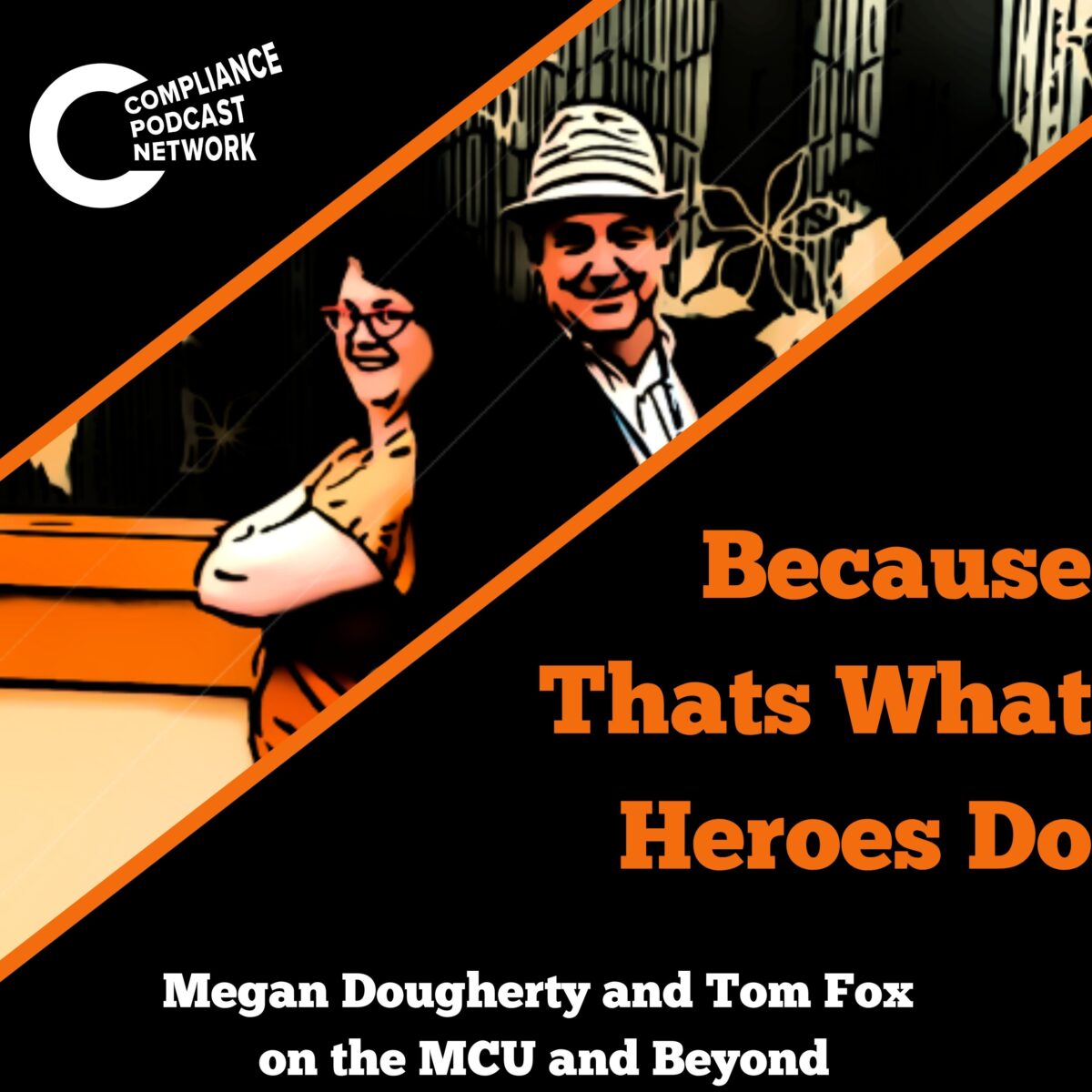One of the great things about having a podcast network is that I get to not only explore topics that I love but I get to tie them into compliance. Perhaps the best example is my award-winning series, Trekking Through Compliance where I review all 79 episodes of Star Trek-the Original Series (TOS) and mine each episode of compliance, ethics and leadership lessons. This past summer, I began a full exploration of the Sherlock Holmes oeuvre beginning with the first series of short stories published by A. Conan Doyle in the Strand Magazine which became the book, The Adventures of Sherlock Holmes. I made it through the original 13 stories and am now onto the second set of stories, which became the book, The Memoirs of Sherlock Holmes.
This week, I reviewed The Adventure of the Crooked Man where the focus is on the intriguing murder mystery involving the death of Colonel James Barkley. In this story Holmes is initially presented with evidence pointing towards the guilt of the Colonel’s wife, Nancy. However, Holmes, with his keen deductive skills, uncovers the presence of a third person and an oversized weasel at the murder scene, leading to a tale of deceit and betrayal.
One of the key factors impacting Sherlock Holmes’ investigation in this case is his unwavering pursuit of truth and justice. Holmes is not easily swayed by the evidence arranged against Nancy, and he meticulously examines each piece of information to uncover the real culprit. This reflects Holmes’ high ethical standard, emphasizing the importance of truth and justice over personal gain or convenience.
Another factor that plays a significant role in Holmes’ investigation is his ability to understand and empathize with the people involved. Holmes goes beyond the analytical aspects of the case and delves into the motivations and emotions of the characters. In the case of the crooked man, Holmes empathizes with him and refrains from exposing him to the police, recognizing the heavy price the man has already paid. This highlights the importance of empathy and understanding others’ perspectives in all dealings.
The story also emphasizes the concept of retribution and consequences. Holmes believes in the principle that actions have consequences, and the main antagonist in the story faces retribution for his past actions. However, this retribution is not achieved through direct legal means but rather indirectly through the consequences of his own actions. The narrative underscores the notion of karma and the ethical lesson that wrong actions can have unexpected and harmful repercussions.
Personal responsibility is another key theme in The Adventure of the Crooked Man. Both the crooked man and Colonel Barkley demonstrate personal responsibility in different ways. The Colonel’s guilt for his past actions is evident, and he is unable to escape the consequences. On the other hand, the crooked man takes responsibility for his life and makes his own way despite his disability. This encourages readers to take personal responsibility for their own actions and circumstances.
In the resolution of the case, Holmes opts for a peaceful resolution rather than seeking punishment. He recognizes that the Colonel’s death was unintentional and a result of his own guilt and horror. This demonstrates the principle that vengeance and punishment are not always the best or most ethical solutions to conflicts.
The Adventure of the Crooked Man is a captivating Sherlock Holmes story that delves into themes of truth, justice, empathy, retribution, consequences, and personal responsibility. It encourages readers to reflect on their actions and circumstances, imparting valuable ethical lessons. Holmes’ investigation in this case showcases the tradeoffs involved in balancing different factors and the challenges associated with different approaches. By considering the impact on all parties involved, Holmes is able to uncover the truth and deliver justice in his own unique way.
I found The Adventure of the Crooked Man to be a thought-provoking episode from The Memoirs of Sherlock Holmes. Through Holmes’ investigation, listeners are taken on a journey of unraveling deceit and betrayal, while also exploring important ethical lessons. The episode highlights the significance of truth, justice, empathy, retribution, consequences, and personal responsibility in solving mysteries and making decisions. It serves as a reminder that actions have consequences and that understanding others’ perspectives is crucial in achieving a peaceful resolution.
Check out my podcast episode of The Memoirs of Sherlock Holmes here.











